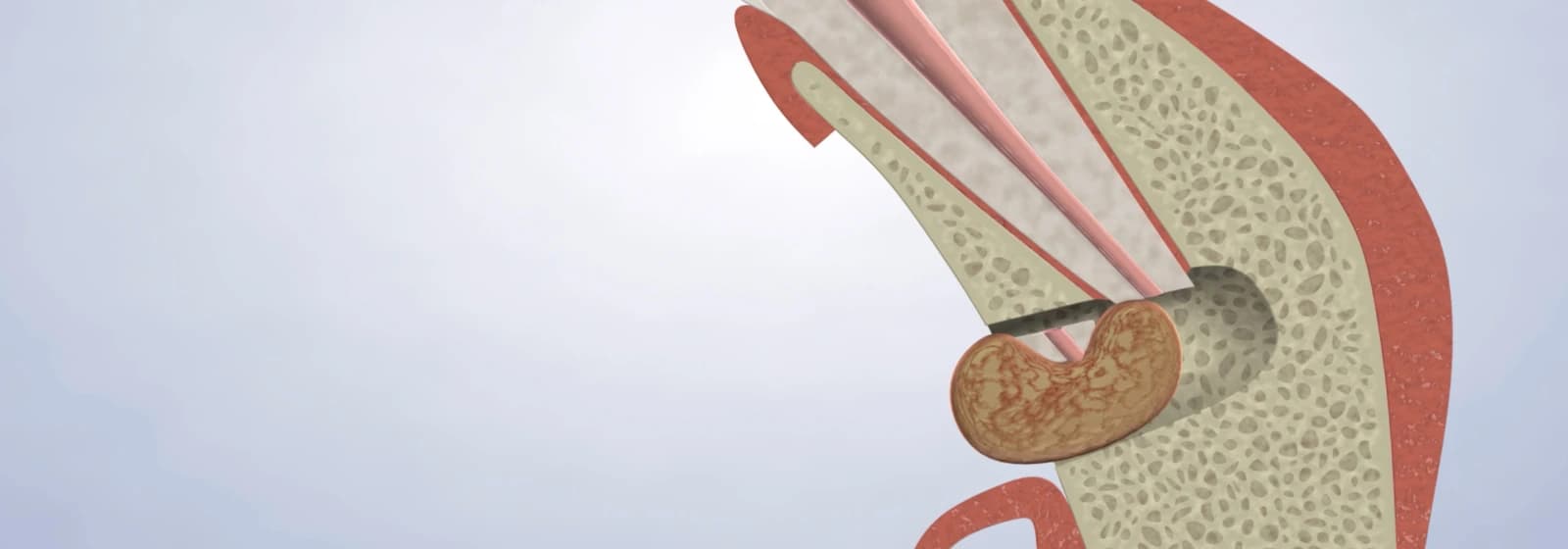When damage or infection threatens the health of your tooth, there are several endodontic treatments that can manage the condition and save the tooth, such as root canal treatment. Some conditions, however, persist after root canal therapy and require endodontic surgery to preserve the tooth and avoid the need for extraction.
Contact Lubbock Dental Specialists in Lubbock or Amarillo, TX, if you have severe tooth pain or an infection that persists after root canal therapy. Endodontic surgery may be necessary to remove the infection, alleviate tooth pain, and save your smile. Dr. Scherer is an endodontic expert who will examine your teeth and create a custom treatment plan to improve your oral health.
Why Would I Need Endodontic Surgery?
In many cases, root canal therapy removes the infection effectively and there are no further issues. Sometimes, existing problems may persist after root canal treatment, or new issues arise that require endodontic surgery. We may recommend surgery for situations such as:
- A tooth may not heal properly or become infected again following root canal therapy. Although this is uncommon, surgery may be necessary to clear the infection and save the tooth.
- If you experience ongoing pain, but X-rays do not show any issues, a surgical procedure can help your doctor locate tiny fractures or an undetected canal.
- Calcium deposits can make it difficult for your doctor to reach the end of a tooth’s root, and surgery can help clean and seal the rest of the root canal.
- Surgery can repair damaged root surfaces or surrounding jaw bone.
Types of Endodontic Surgery
Dr. Scherer can perform a variety of endodontic surgical procedures to preserve your smile. When you visit Lubbock Dental Specialists, we will take 3D scans of your teeth to evaluate your oral health. We offer many types of anesthesia and sedation for your comfort, which will also help to alleviate any tooth pain you may have.
Apicoectomy
An apicoectomy, or root end surgery, is performed after a root canal procedure when inflammation or infection persists in the bony area around the tip of a tooth’s root. During this procedure, your endodontist will make an incision in the gum tissue to access the underlying bone and remove inflamed or infected tissue along with the end of the root. A small filling may be placed to seal the end of the root canal. Bone will heal around the end of the root over the next few months following surgery.
Replantation
During a replantation procedure, your endodontist will extract a tooth, treat it while it is outside of the mouth, and replant it in its socket. This type of surgery is a last resort that is often only considered if traditional surgery would fail. Once healed, the tooth will look and function normally.
Root Repair
When the tip of a root is infected, an apicoectomy is not always necessary. Instead, your endodontist can repair the injured root or remove one or more roots. This procedure can also treat root resorption, which is a naturally occurring process in children as baby teeth fall out to make room for permanent teeth. If root resorption occurs in adults, the tooth structure may deteriorate. By repairing the area of resorption, we allow new bone to grow while protecting oral health.
Endodontic Surgery in Lubbock and Amarillo, TX
Dr. Scherer at Lubbock Dental Specialists is an expert at preserving the health of natural teeth. If you have persistent symptoms such as tooth pain or an ongoing dental infection, we encourage you to contact us in Lubbock or Amarillo, TX. At your visit, we will examine your oral health and see if endodontic surgery or other endodontic treatments can improve your oral health and comfort.

